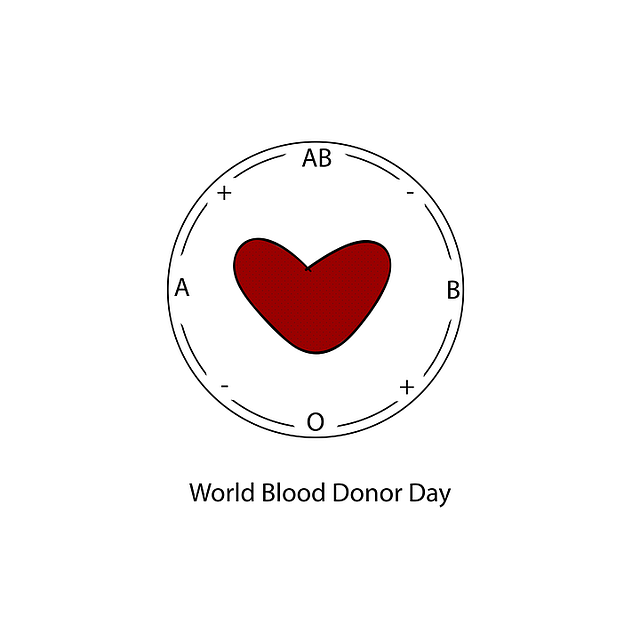Egg donation for gay couples is a vital step in building families through In Vitro Fertilization (IVF), empowering them to overcome fertility challenges and achieve pregnancy with success rates comparable to heterosexual couples. However, outcomes vary based on age, health conditions, egg quality, genetic compatibility, and other factors, emphasizing the need for proper counseling and support during the IVF journey.
For many same-sex couples, achieving parenthood through in vitro fertilization (IVF) with donor eggs is a significant step. This article explores the success rates of this procedure, specifically tailored to the unique journey of gay couples considering egg donation. We’ll delve into the factors influencing IVF outcomes, offering insights to help demystify the process. From understanding egg donation to navigating the emotional and practical aspects, read on for a comprehensive guide to embarking on this remarkable family-building adventure.
Understanding Egg Donation for Gay Couples
For same-sex couples, exploring egg donation is a significant step in their journey towards building a family. Understanding this process is crucial as it forms a cornerstone of successful in vitro fertilization (IVF) treatments. Egg donation for gay couples involves the generous contribution of healthy eggs from a donor, who may be known or anonymous, to assist in conception. This alternative is often sought when same-sex partners may face challenges related to female fertility or want to ensure genetic ties with their children.
The decision to use donated eggs empowers these couples to navigate reproductive hurdles and increase their chances of achieving pregnancy. It’s a complex yet empowering option that allows them to focus on building their families, ensuring both emotional and medical well-being throughout the IVF process.
Success Rates: A Comprehensive Overview
The success rates of In Vitro Fertilization (IVF) using donor eggs for same-sex couples have been a topic of interest and growing research in recent years. This procedure offers a promising path to parenthood for many LGBTQ+ individuals seeking to build families. The overall IVF success rate with donor eggs varies depending on several factors, including the age of the recipient, the quality of the donated eggs, and the efficiency of the fertilization process. On average, the success rate for IVF using donor eggs ranges between 30% to 45%, which is comparable to rates seen in heterosexual couples utilizing their own eggs.
However, it’s important to remember that these statistics are averages, and individual outcomes can vary significantly. Factors such as the number of embryos transferred, the recipient’s uterine health, and genetic compatibility also play crucial roles. Despite potential challenges, egg donation for gay couples has proven to be a viable option, providing many with the opportunity to experience pregnancy and welcoming healthy children into their families.
Factors Affecting IVF Outcomes
The success rates of In Vitro Fertilization (IVF) using donor eggs for same-sex couples can vary significantly, influenced by a multitude of factors. One key consideration is the age of the recipient, as fertility declines with age, affecting egg quality and conception odds. Additionally, the overall health and medical history of both partners play a crucial role. Conditions like endometriosis, uterine abnormalities, or previous surgical interventions may impact IVF success rates.
Another important factor is the quality and quantity of the donated eggs. The number of viable eggs retrieved during the donation process directly impacts the chances of successful fertilization and implantation. Furthermore, the compatibility between the genetic profiles of the donor and recipient can enhance or diminish outcomes. Ensuring proper counseling and support for both couples throughout the IVF journey is essential to navigate these complex factors affecting egg donation for gay couples.
Navigating the Journey Together
Navigating the journey of IVF with donor eggs as a same-sex couple can be both exhilarating and daunting. It’s a shared experience that calls for open communication, mutual support, and a deep understanding of each other’s hopes and concerns. Each step of the process—from selecting a donor, to preparing for treatment, to facing potential challenges—is an opportunity to strengthen bonds and celebrate their partnership.
This collaborative journey demands transparency and trust. Couples must openly discuss expectations, financial considerations, and emotional milestones. By embracing these conversations, they can create a solid foundation for navigating the complexities of IVF with donor eggs, ultimately fostering a deeper connection as they work towards building their family together.
For same-sex couples, utilizing donor eggs in IVF treatments offers a promising path to parenthood. As discussed, success rates are encouraging, with comprehensive data indicating high probabilities of achieving healthy pregnancies. Understanding the factors influencing outcomes and navigating the journey together can significantly enhance the chances of a successful pregnancy. Egg donation for gay couples is a powerful tool, allowing them to build families and experience the joy of parenthood.
